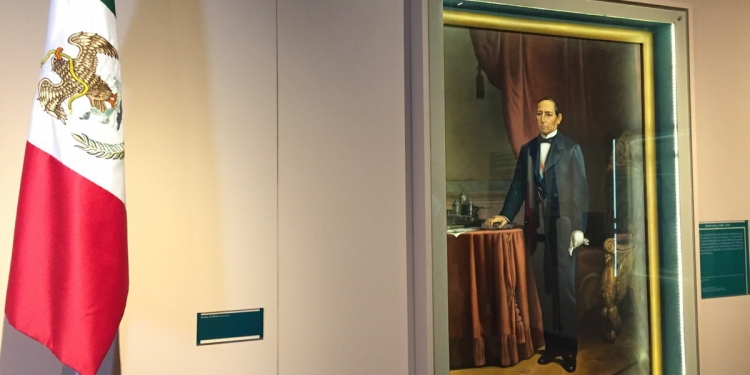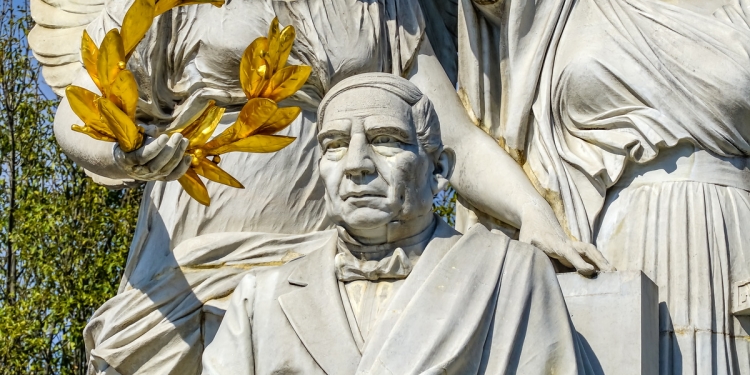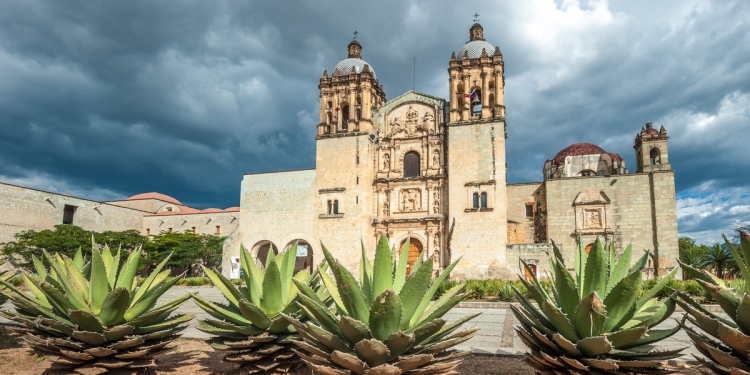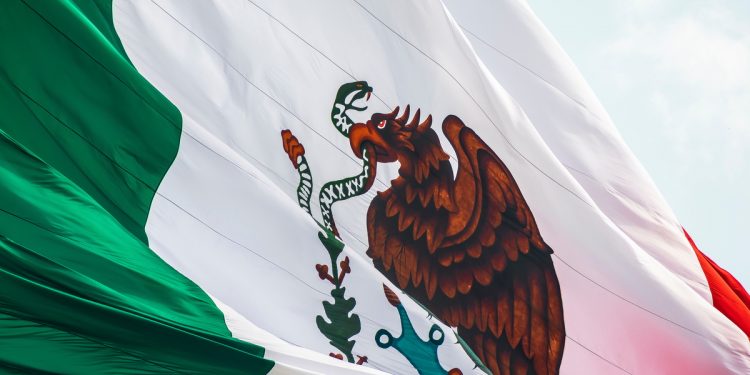March 21st each year marks anniversary of the birth of Benito Juárez, the most famous of Mexican presidents, one of the best known of Mexico’s historical characters, and something of a benchmark for the country’s political life.
For many, the anniversary provides a day-off work; this national holiday is observed on the nearest Monday to the date, creating a long holiday weekend in March. For the political classes, it’s an opportunity for speech-making and scoring election campaign points; for the intellectual, a chance to reinterpret history — again?— or at least run some new or resuscitated ideas by the readers of opinion journals.
Benito Juárez was born on March 21, 1806 in San Pablo Guelatao, in the southern state of Oaxaca. Around age 12, orphaned and knowing no Spanish, he went to the state capital, Oaxaca City, to live. He studied at the Santa Cruz seminary, but abandoned the idea of the priesthood for a career in law. After becoming a lawyer, he entered politics, first in his home state and then nationally.
Juárez is best known for the the Reform Laws of 1859, which established the separation of Church and State, expropriated church properties, and introduced civil weddings. He led the liberals in the Reform War of 1858-1861, which pitted them against the conservatives. The conservative forces were defeated, and Juárez called elections, which he won, assuming the presidency in 1861.
When the French took the city of Puebla in 1863 and installed Maximilian of Habsburg as emperor, Juárez moved north, organizing an offensive from Paso del Norte which was later renamed Ciudad Juárez. With the defeat of Maximilian in 1867, Juarez returned to the capital, where his government embarked on programs of economic and educational development. He was elected again in 1871, and died before completing his term.
His most famous saying is that “among individuals as among nations, the respect for the rights of others is peace.” Many plaques and statues —including the one pictured above— quote this famous line.
A fair historical comparison for Juárez might be Thomas Jefferson or William Pitt, but in the popular mind’s eye Mexico’s only indigenous president is more spectacular—an Abraham Lincoln or a Lord Horatio Nelson.
In his bicentennial year in 2006, it was again fashionable to be critical, to uncover the man behind the myth, to question the political assumptions of the victory of the 19th century liberals over their conservative rivals. Wasn’t Juárez perhaps more like a modern-day conservative? As a full-blooded Zapotec Indian, didn’t Juárez do less for the indigenous of Mexico than might have been expected of such a one? Isn’t he wrongly portrayed as a ‘demigod’ when in fact he was just as human as the next person with his good points and his faults?
One would not be thought ignorant by one’s peers, but faced with such an array of polemical possibilities, and armed only with a smattering of history from the handiest sources, one often can’t help but suspect, nay hope, that ‘the real Juárez’ is the one of official textbooks—the Nelson who saw no ships, the Lincoln of “fourscore and seven years ago.”
Mexico in your inbox
Our free newsletter about Mexico brings you a monthly round-up of recently published stories and opportunities, as well as gems from our archives.







